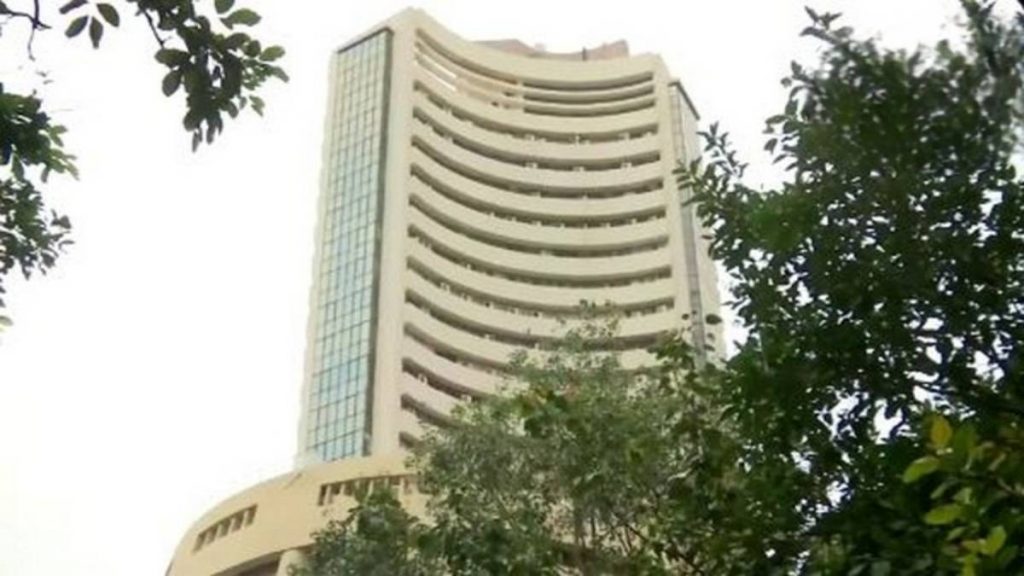Indian stock markets opened in sharp decline on Thursday, tracking a global sell-off triggered by U.S. President Donald Trump’s latest tariff announcement. Investor sentiment turned negative, leading to steep losses across sectors.
The BSE Sensex tumbled over 800 points, opening at 75,811.12, marking a 1.05% decline. Similarly, the NSE Nifty 50 dropped 182.05 points to 23,150.30, reflecting a 0.78% loss.
Market experts attributed the sharp decline to Trump’s announcement of new reciprocal tariffs, which has heightened concerns about trade disruptions. Investors are moving funds to safer assets like gold, yen, and Swiss franc, further pressuring equity markets.
Ajay Bagga, Banking and Market Expert, explained the implications for India: “The impact will be felt through a stronger US dollar, economic strain from falling exports, and shifting portfolio flows to safe havens. The uncertainty has turned into a certainty of economic and market pain, leading investors to offload risk assets.”
Adding to the volatility, analysts warned of potential currency tensions between the U.S. and China. If China devalues its currency in retaliation, it could further intensify market turmoil and drive more outflows from equities.
Sectoral Performance: Pharma Gains Amid Market Sell-Off
- Nifty Auto: ↓ 1.25%
- Nifty IT: ↓ 1.67%
- Nifty Metals: ↓ 0.81%
- Nifty Pharma: ↑ 2.95% (Outperformed as the sector remains unaffected by Trump’s tariffs.)
Akshay Chinchalkar, Head of Research at Axis Securities, commented: “Asia is witnessing a deep sell-off due to Trump’s tariff announcements. Nifty is expected to remain weak, with key support levels in the 23,090 – 23,141 range, followed by the critical 22,800 – 23,000 zone. Today’s closing will indicate whether bulls or bears hold confidence after the dust settles.”
The negative sentiment was mirrored across Asian markets:
- Japan’s Nikkei 225: ↓ 3%
- Hong Kong’s Hang Seng: ↓ 1.45%
- South Korea’s Kospi: ↓ 1%
The impact extended to U.S. futures markets as well. Dow Jones Futures dropped 1.94%, signaling a weak opening for Wall Street.
With increasing global trade uncertainties, investors remain cautious, closely monitoring Trump’s trade policies and their economic repercussions.
